
Saudi Arabia has one of the world’s most booming economies today — with massive wealth being generated — creating huge opportunities for professional advisors.
The Kingdom — with a $1.1trn economy and a population of 35m — grew by 8.7% last year, one of the fastest rates globally, and is forecast to expand by 3% this year.
Its stock exchange, Tadawul, is now one of the top ten markets in the world, with a total market cap of $3.1trn compared with the FTSE 100’s $2.5trn.
The value of the Saudi financial market has surged almost five-fold during the last five years.
The number of listed companies jumped to 269 at the end of 2022 from 188 firms at the end of 2017.
The country also has one of the world’s biggest sovereign wealth funds (SWFs), the Public Investment Fund (PIF), with $600bn under management (and a target to reach $1trn by 2025).
The country produces 10% of the world’s 100m barrels of oil every day.
Between March and September 2022, the number of professional expats residing in the Kingdom rocketed six-fold to 1.2m people from 200,000.
Last year, Riyadh had one of the hottest luxury residential real estate markets in the world, with property prices up 25% (only Dubai and Aspen surpassed it). In Jeddah, the market was also up 4.5% last year.
The average Saudi earns $31,900 a year and the country has more than 310,000 dollar millionaires. It is estimated that the country’s total household wealth amounted to $2.1trn at the end of 2021, compared with $1trn in the United Arab Emirates (UAE).
In 2019, the government listed a 1.7% stake in Saudi Aramco, the state-owned oil company, raising $29.4bn in the world’s biggest initial public offering (IPO) ever. Last year, the company made record profits of $161bn and paid a dividend of $19.5bn in the fourth quarter alone.
In March 2022, Nahdi Medical Company, the Kingdom’s biggest retail pharmacy chain, raised $1.36bn in a public listing, the country’s largest-ever IPO by a privately-owned company.
In May 2022, Jahez, a leading Saudi food delivery platform, secured $474m when it listed on the Tadawul, valuing the company at $2.4bn. It was the exchange’s first early-stage IPO and was 20 times over-subscribed.
However, all this is only the beginning.
The Kingdom — whose de facto ruler is Crown Prince Mohammed bin Salman (MBS) — has an ambitious transformation plan, called Vision 2030, to diversify its economy away from oil by the year 2030.
The volume of real estate projects linked to the hospitality, tourism and entertainment sectors is soaring. Some $147bn is being invested in a new airport in Riyadh, called King Salman Airport, which when completed is expected to be the world’s largest airport, capable of handling 185m passengers a year by 2050 (more than Dubai International and London Heathrow combined). The Kingdom is planning 310,000 hotel rooms (in comparison, Dubai only has 200,000 completed hotel rooms). In March 2023, MBS also announced the creation of a new national airline, Riyadh Air, expected to go head-to-head with regional behemoths Emirates, Qatar Airways and Turkish Airlines. It plans to serve more than one hundred destinations around the world by 2030. Saudi is expecting 100m visitors to pass through its airports and ports by that year. Overall, under the Vision 2030 plan, the economy is expected to grow by 6.5-7% a year.
“Saudi is booming,” says Sunita Singh Dalal, partner, private wealth and family offices at Hourani and Partners, a Middle East commercial law firm with offices in Riyadh and Jeddah. “The level of activity; the frequency of investments, both outbound and inbound; the sophistication of the Saudi investor, of the Saudi-run family businesses. It’s an absolute eye opener. It’s a game changer. At the Future Investment Initiative week in Riyadh [in October 2022], the people and types of organisations that were there — collectively looking at long-term future initiatives — is reflective of what’s going on in Saudi. It’s not just about leisure and tourism. Families are understanding the need to reorganise their businesses.
“There are significant family businesses in Saudi Arabia who did this 15 years ago. The difference possibly has been that until now, those types of issues have always been under the radar, never really talked about openly.”
What I am seeing — which is refreshing — is that [Saudi] families are willing to be cited and used as an example or benchmark for other families to follow and adapt similar principles in terms of running the business, sharing wealth in the family, consolidating wealth, allowing the next gen to come in and diversify or further enhance the business.
“It’s absolutely exciting. They are open to change, to suggestion, to progression in terms of legislation, to enhance existing legislation by modifying it and making it more inclusive. In less than ten years, I do believe you will see Saudi progressing and catching up with what the UAE has achieved.”
The Saudi economic transformation and wealth creation story is also good news for the UK, the US and many other jurisdictions around the world. Saudi Arabia wants to have a much higher profile internationally and its families are intent on educating their children overseas and in investing abroad. Under MBS’s chairmanship, PIF has transformed from a sleepy SWF into a global investment vehicle making multi-billion dollar bets on hi-tech companies, including Uber. It has also pledged billions of dollars to funds run by Japan’s Softbank. One of its most high-profile investments was the $409m-acquisition of Newcastle United football club in October 2021.
The UK has deep links with Saudi Arabia that stretch back decades. Good flight connections between the two countries make Britain an attractive study destination for Saudi students. According to the UK’s Independent Schools Council annual census, in 2022, there were 25,079 non-British pupils at ISC schools whose parents live overseas, an increase of 1.6% on 2021. In 2022, 1,710 originated from the Middle East, up from 1,527 in 2021. Saudi has been identified as a priority region in the UK’s international education strategy.
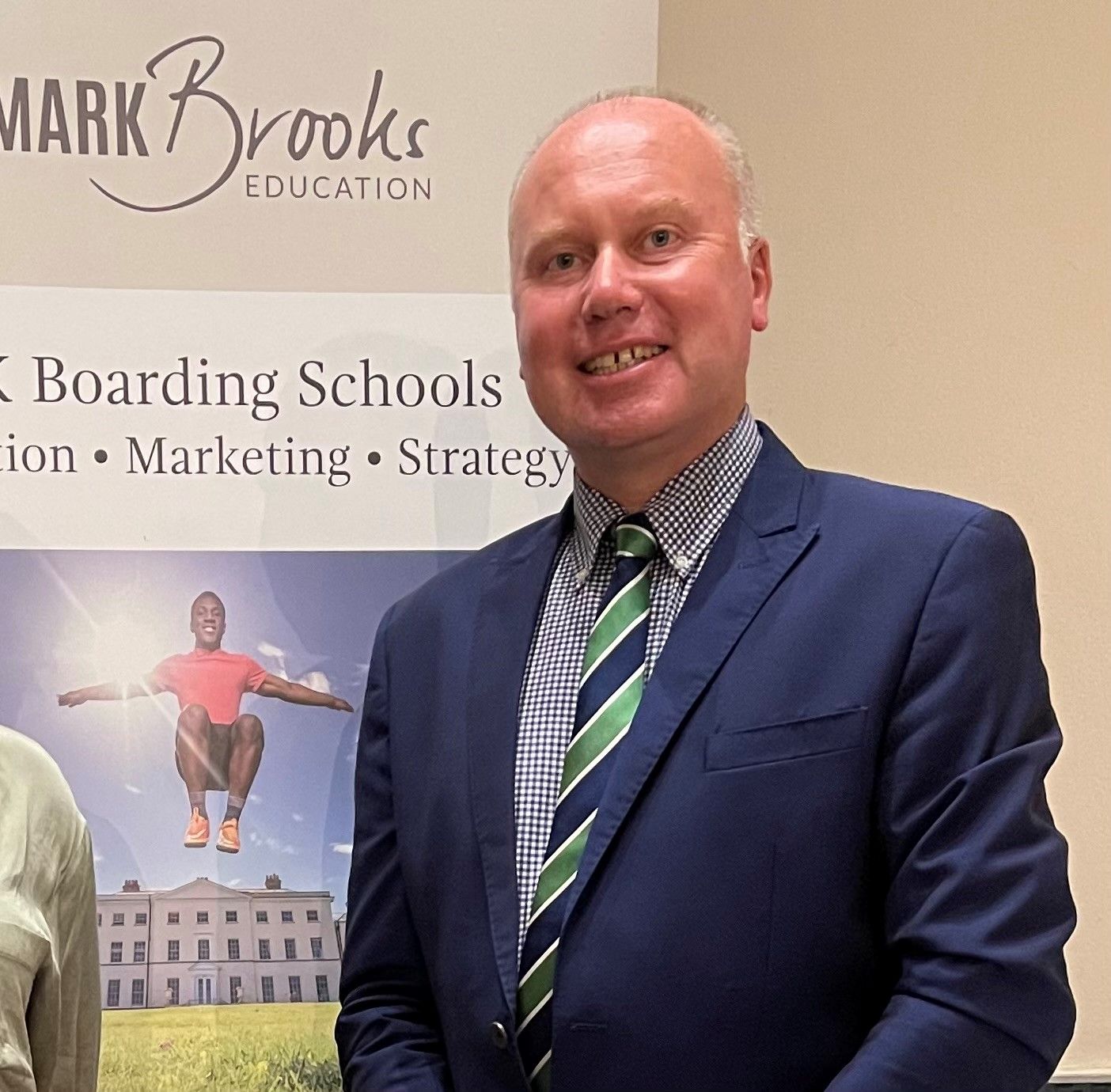
Mark Brooks, director at Mark Brooks Education, a UK-based educational consultancy, says: “Saudi has a range of good schools for parents to choose from. However, a boarding school education in the UK is attractive because the schools offer outstanding academic teaching and results, smaller class sizes, world-class facilities, a wide range of co-curricular and sports activities on site and a smoother progression onto British and US universities. Country schools with acres of outdoor space are highly sought after.
“Wealthy [Saudi] parents are well informed and their top priority is to invest in the best possible education for their sons and daughters — this is found in the UK. Today, there are more British international schools across the Middle East than ever before but families are realising that these can’t match the academic achievements and co-curricular opportunities provided by their UK competitors.
“There are also so many more schools in the UK, so they can find one to fit their child’s ability and aspirations. With social media and the Internet, the students themselves are more interested in studying overseas than they were a generation ago. Many of the leaders in the [Middle East] region attended British schools and universities, and the quality of British education is held in high regard.”
Furthermore, many trusts, foundations and legal structures being set up for Saudi private clients are based on English common law, creating an opportunity for international law firms and professional advisors.
Furthermore, there is an appetite for successful families to implement robust succession and governance planning to protect family wealth, creating an opportunity for international law firms and professional advisors.
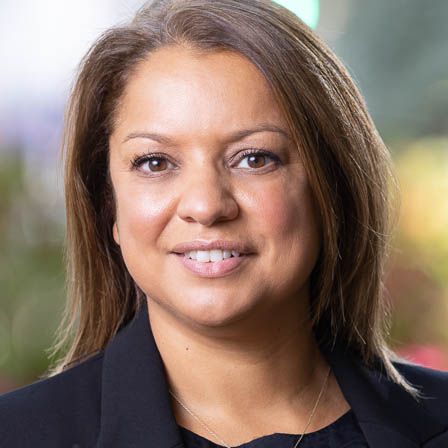
Hannah Wailoo is a London-based partner, private client and tax at Withersworldwide, the international law firm. “We do not have a physical presence in the Middle East but we service a lot of clients with connections to the regions who may be investing globally or relocating globally,” she says. “Around 70% of my private clients have a Middle East connection and, of that 70%, half are from Saudi Arabia.”
Notwithstanding significant changes to the UK property tax regime, the appetite for Saudi's investing into UK real estate remains high“[Since the rule changes, Saudi clients] now tend to acquire in family names rather than via more complex ownership structures,” she adds. “I don’t deal with the clients personally all the time. Many Saudi families often operate with more of an informal family office — it might be a secretary, a PA or trusted family member — rather than what we might recognise as a formally-governed institutional family office arrangement. However, in my experience, during the past couple of years, families are definitely moving towards institutionalising their family office.
“I have actively marketed myself as a female advisor, so I do act for a lot of female family members. Nowadays, there are female family members who more than have just a place at the table; they are very much involved, they are becoming decision-makers. They need to be represented.”
She says that Saudi clients often invest in prime central London, as well as a country house in one of the home counties, such as Surrey or Berkshire. “Sometimes that goes hand in hand with where the children are at boarding school as this can require them to could invest in property in the town or area where it’s located.
“In terms of UK real estate purchases, the first thing to differentiate is what the family is investing for and whether it’s a residential or a commercial acquisition. If you’re doing a commercial investment — office, hotel, student accommodation — there is still a drive for that to be owned by a corporate entity;. In the end, that might well be owned by the family trust or a foundation.
“I think that Saudis are very friendly, welcoming people. I am lucky that my work involves travelling to Jeddah and Riyadh regularly and have witnessed the fast-paced changes over the recent years. Saudis are very proud and doing business with them means you must get under their skin. With private clients, the crux is trust and relationships. I must invest a lot of time getting to know them and for them to understand how I work. However, once you have gained their trust, it can be a very long-lasting relationship.”
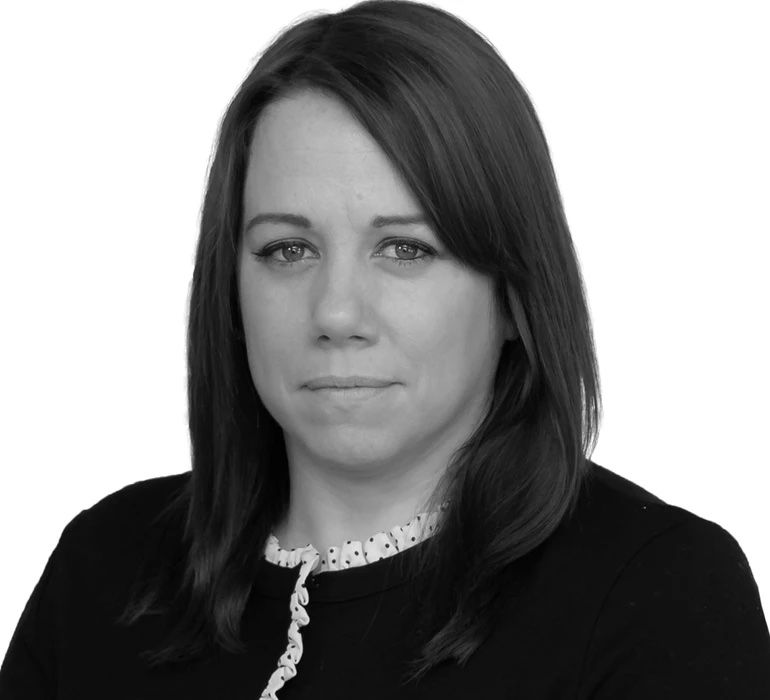
Angela Calnan, who used to live in the Middle East and is now a Guernsey-based partner at offshore law firm Collas Crill, says: “Uniquely to Saudi clients, we find that the emphasis on wealth preservation and asset protection isn't as great. While many of our clients are very focused on preserving and protecting their wealth, Saudi clients tend to have a broader field of vision.
“Typically, wealth planning focuses on the family, but Saudi clients tend to look more globally; it’s not just about looking after their own, it’s about looking after civilisation. They will look at altruistic initiatives, passion projects, making an impact on the world we share; investing in things that will help with climate change; investing in things that will make an impact for the greater good; setting up their own charitable and philanthropic structures. This makes them an interesting set of clients to work with. And, because they are not necessarily making decisions based on their immediate needs, we’ve got the luxury of time and space to do something really exciting with them.”
Trident Trust is a privately-owned global corporate, fiduciary and fund administrator that operates out of 26 jurisdictions worldwide. It offers corporate services, fund administration and fiduciary services.
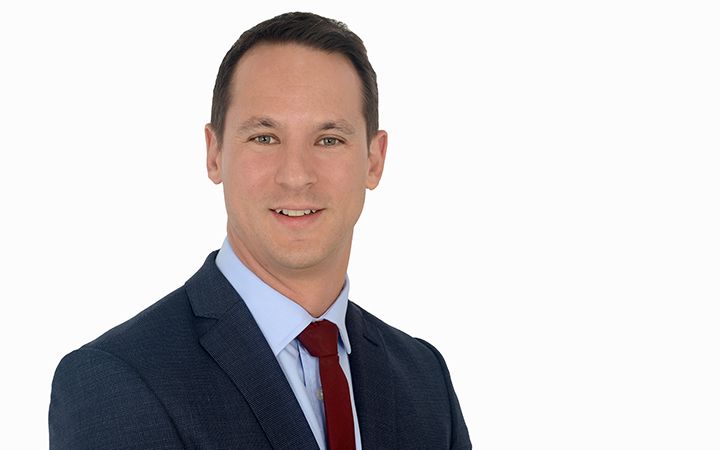
Dave Lange, the UAE-based general manager at Trident Fund Services, says: “Where those service lines have a touch point with Saudi Arabia is particularly in relation to assisting Saudi high-net-worth and ultra-high-net-worth families — who are generating wealth from local businesses — with putting together global structures to invest that money globally, to protect their assets globally and essentially to create succession planning and asset protection structures globally.
Trident Trust is a privately-owned global corporate, fiduciary and fund administrator that operates out of 26 jurisdictions worldwide.
Dave Lange, the Dubai-based General Manager of Trident Trust, says: “For a long time, we have been assisting high-net-worth and ultra-high-net-worth families from Saudi — who are generating wealth from local businesses — with putting together global structures to achieve succession planning and asset protection.
“Trident works hand in hand with many industry professionals and particularly with law firms. Typically, clients would approach a law firm or advisor and request structuring advice. The professional advisor or lawyer would then approach Trident and say, ‘we have a client with multiple generations and assets all over the world, who want to start thinking about succession, and protection — can you help us to put a structure together to cater for all of that?’. At that point, we become the implementation agents. We will help them set up the various companies and trusts and, in many cases, we will then act as the ongoing corporate service provider and administrator for those companies and act as trustee of the trust. We then ensure that the structure meets the changing needs of the family by reviewing it on a regular basis and by keeping up to date with changing laws and regulations.”
He thinks Dubai and the UAE is probably 15 years ahead of Saudi in terms of its progression and evolution. “With its 2030 vision, which was launched in 2016, Saudi has only fairly recently stated what its ambitions are and put in place an action plant to diversify away from oil. Saudi is just starting along the journey that Dubai and the UAE began two decades ago.”
In April this year, Saudi Arabia launched four special economic zones that will offer foreign companies financial and non-financial incentives. Many others, all over the country, are planned. Lange says the Kingdom is likely to establish these free zones in a similar way to the UAE. The Saudi free zones will have their own rules and regulations, which would allow for foreign ownership and various other elements which may otherwise be prohibited in the mainland.
“Essentially, whatever Dubai, the UAE has done in the past, you can basically look at Saudi to replicate that but on a much bigger scale,” he adds.
Capital for Life is a provider of indexed universal life insurance and guaranteed whole-of-life insurance to HNWIs in one hundred and fifty countries worldwide, including Saudi Arabia. It is a business-to-business provider of HNW client solutions and provides face-to-face and online training to financial advisers, bankers and trustees.
“We have a number of clients already from Saudi Arabia and currently we are helping a number of new HNWIs from this market,” says Carlton Crabbe, its chief executive officer. “The clients have been referred to us through financial advisers and bankers already operating in the Saudi market. There is no question that the Saudi market will become bigger from a financial planning and financial products perspective.
“We are seeing huge giga-projects in Saudi — like Neom, AlUla, Amaala and Qiddyia— suck in talent from the other parts of the Gulf, Europe, Australasia and North America. The clients we are currently dealing with in Saudi are predominantly but not exclusively expatriates. They are earning very high salaries in the region of $500,000 to $1m a year. It is a gold rush and there seems to be no stopping the influx of human capital as all of these massive projects need staffing and resourcing.
“There has to be an increase in financial advisers and bankers in the market, which is currently deficient in enough talent for this new HNW clientele compared with Dubai, its neighboring success story in the GCC.”
He adds that — as well as more financial services talent to serve the local market — Saudi desperately needs higher-quality financial products and solutions to serve this huge influx of expatriate talent that is seeking to deploy its recently generated income and wealth.
“If financial advisory firms are not considering deploying personnel and expanding into Saudi, they will miss out on one of the biggest global growth stories for the next 20 years,” he adds. “For Capital for Life, we see Saudi as one of our top areas for growth, as we bring our high-grade expertise in tax, structuring and life insurance solutions to advisory firms qualified to engage in the kingdom.”
He says that many clients are interested in investing in indexed universal life insurance by paying premiums over a ten- to 15-year period. This approach — which involves making payments to the insurer directly — takes out interest rate risk, as the premium is fixed and known at the outset.
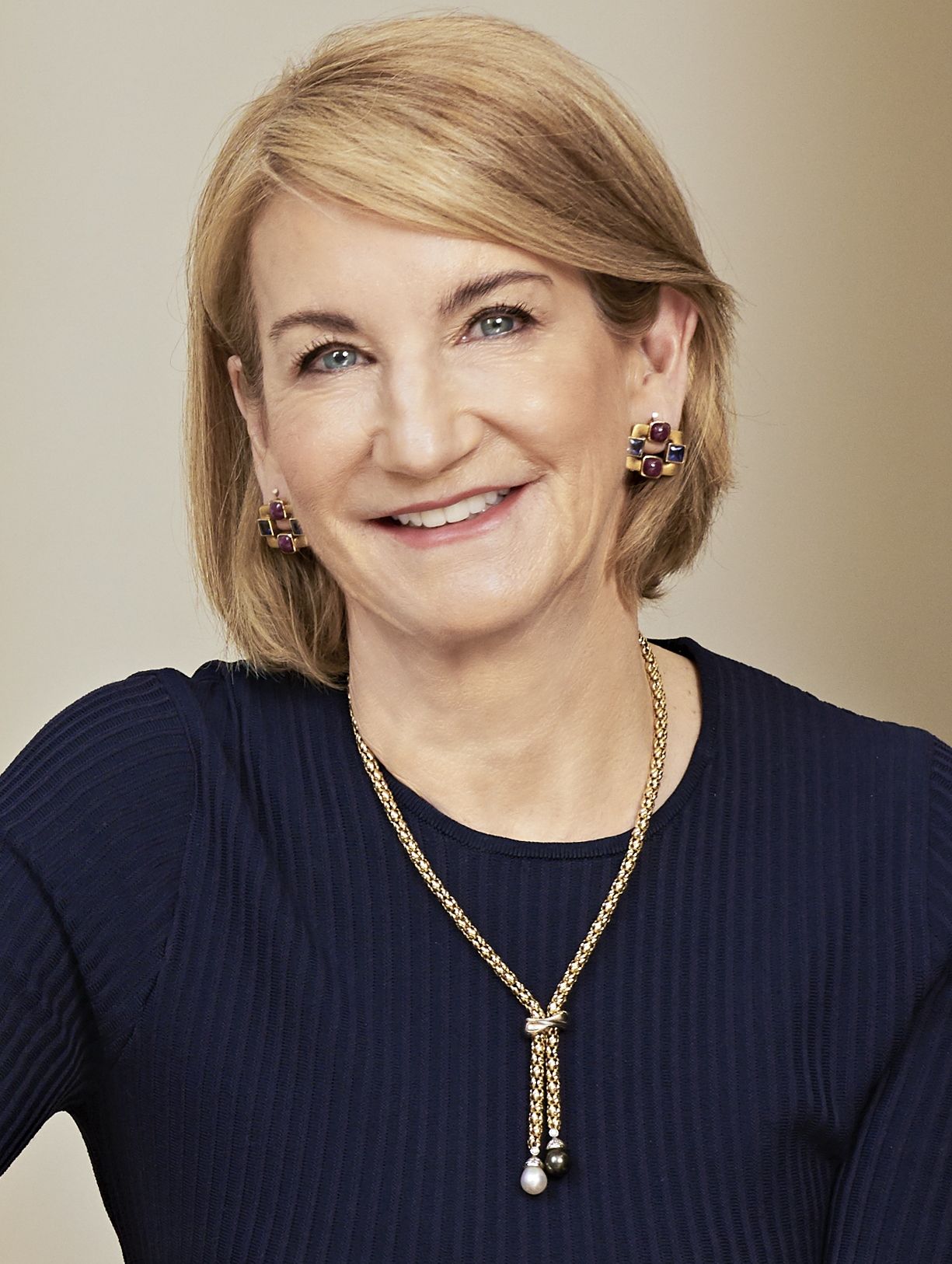
Acorn Capital Advisers was founded by Sally Tennant in London in 2016. She is the former chief executive officer of Kleinwort Benson, the private bank. Acorn provides strategic investment, family office and philanthropic advisory services, as well as advice on governance and multi-generational wealth. It is also an outsourced private office for a select group of families.
“Saudi’s next gen are becoming more involved in their single-family offices (SFOs) and have inherited or have influence over the assets they will inherit,” she says. “Many want to do something different from their parents, take a more professional approach, and take on greater investment risk — in other words, it is not all about capital preservation. They are also looking for an investment strategy that has impact on causes that they care about such as climate change. They would like something more bespoke.
“Some are super busy entrepreneurs who don’t want the hassle or don’t have the expertise and bandwidth to manage another business — an SFO. They want to outsource it to an independent private office to run their family office for them. They like it because it is cost effective and, unlike most multi-family offices and wealth managers, there are no conflicts. Acorn does several things. We can help someone at the beginning of their journey — who wants to set up their family office — to think through how they need that office to function. What is the purpose of their wealth? What is the best structure? What resources should be in-house and what should be outsourced? How should decisions be taken and what does good governance look like?”
Acorn has helped established family offices in the region – including in Saudi – to review an existing set up and benchmark it against best practice. “It is hard for SFOs to stay up to date with the latest developments, given the small teams they have and how opaque they are,” she adds. “We are like non-executive directors — experienced practitioners, sharing knowledge and expertise, from investment strategy, to fee structures and decision-making protocols. We are discreet, collaborative and independent. We do not have any in-house investment products clouding our judgement.
She says that change — such as the transition of wealth from one generation to the next, the retirement of key staff or a change of trustees — can be stressful for both the family and the SFO team. “Our clients like to work with an independent adviser who helps them to navigate the transition and to identify areas for improvement. An SFO is, at the end of the day, another business that needs investment, management and the ability to adapt to the changing environment. Our clients like the fact that not only do we understand the complexities of managing substantial wealth, but that we are entrepreneurs who understand businesses and family dynamics.”
With rising inflation and the scarcity of experienced family office chief executive officers and chief investment officers, many SFOs are reviewing their existing business models and outsourcing more functions. “One needs several billions to be able to manage everything in-house,” she says. “In a nutshell, families with substantial wealth and an SFO reap huge benefits from someone sitting on their side of the table — not on the opposite side and pushing product or working in a silo. They need somebody who’s got their back and understands the whole ecosystem.
“What we have seen in the region is a great willingness for SFOs to professionalise their operations and we help people on that journey. What I am particularly impressed with Saudi Arabians is their great sense of community, family and philanthropy. I am also impressed with how well educated and diverse the workforce is. We are seeing an increase in enquiries from Saudi SFOs for strategy and change management support. During the Covid pandemic, UHNW individuals realised that they had to address succession and bring on the next generation. In addition, because they were better off, they wanted to do more with their philanthropy and increase their international footprint — particularly with regards to impact investing — because the next generation are passionate about climate change and improving the environment.”
Saudi Arabia is transforming fast and its economy is roaring ahead. In the process, tremendous wealth is being created and a big proportion of it is being invested abroad, creating massive opportunities for professional advisors.







